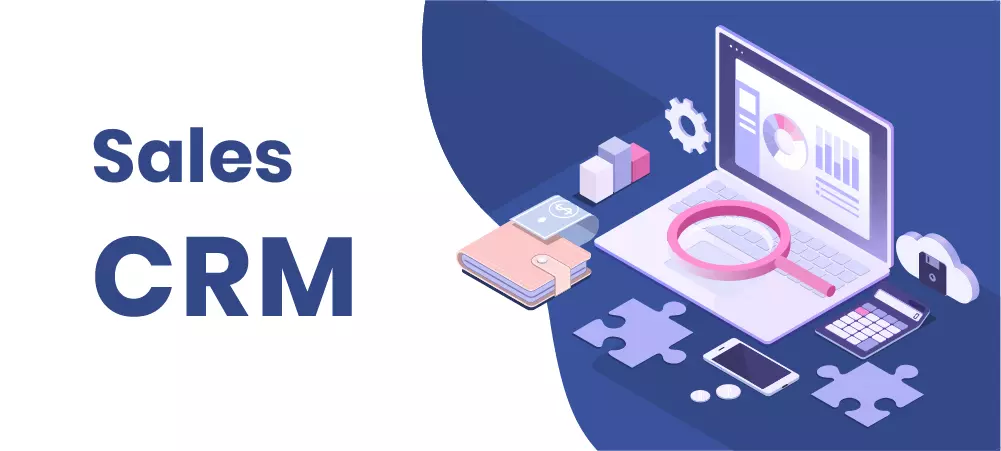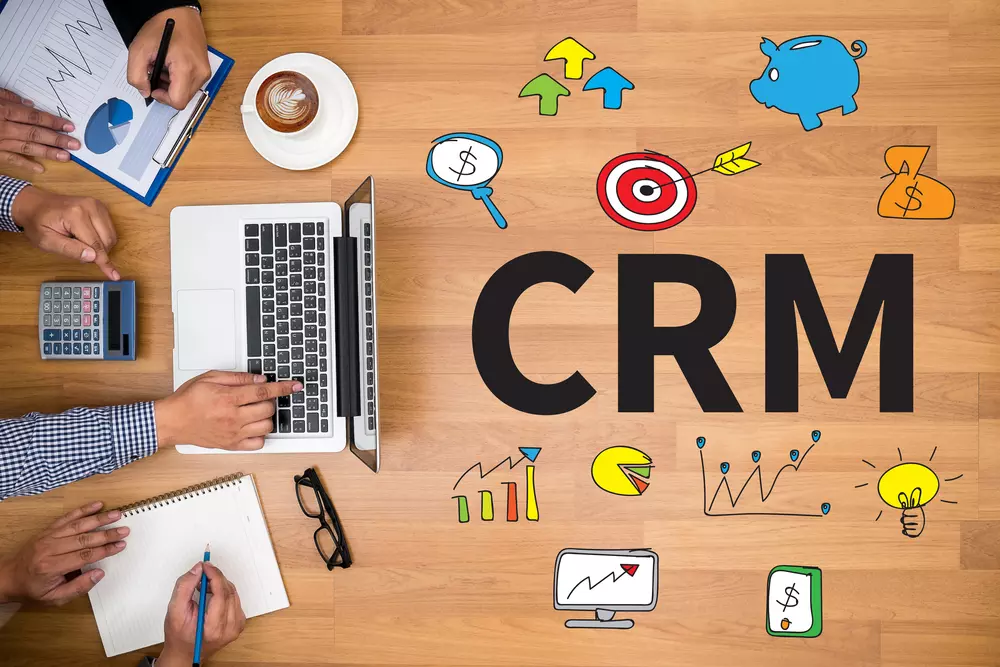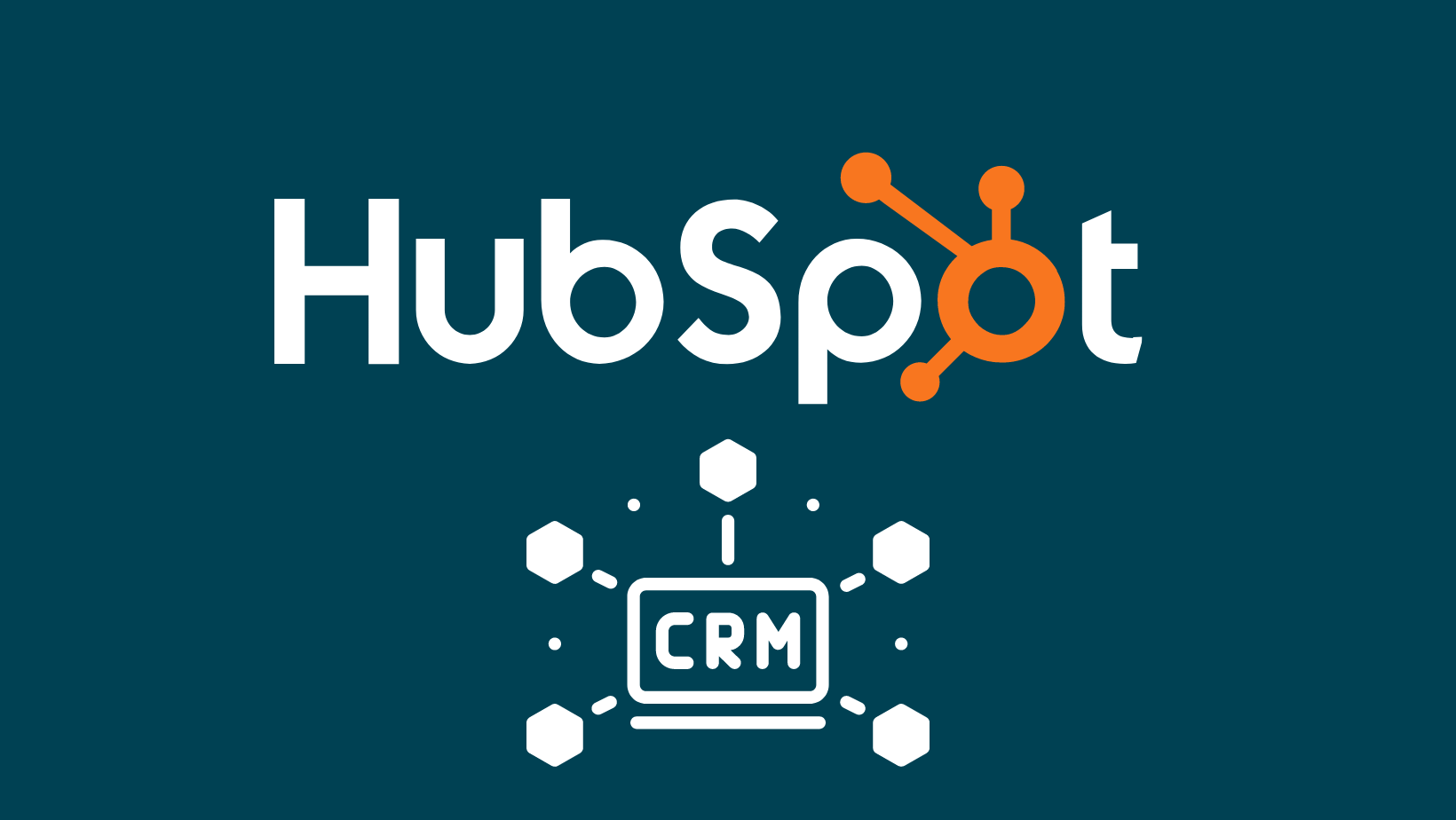
In the dynamic landscape of modern marketing, CRM stands as a cornerstone for businesses seeking to foster lasting connections with their audience. But what does CRM mean in marketing exactly?
CRM stands for Customer Relationship Management, which refers to the management of interactions with both existing and potential customers throughout the sales process.
Keep reading, here is everything you need to know about CRM.
What Does CRM Mean in Marketing?
CRM, or Customer Relationship Management, is a strategic approach adopted by companies to effectively manage interactions with both current and potential customers.
This multifaceted strategy aids organizations in streamlining processes, cultivating customer relationships, boosting sales, enhancing customer service, and ultimately, driving profitability.

Typically, when we refer to CRM, we are alluding to a CRM system—a versatile tool utilized for contact management, sales administration, agent efficiency, and more.
The primary objective of a CRM system is straightforward: Enhance business relationships to foster growth. By employing CRM tools, businesses can adeptly manage customer relationships throughout the entire customer lifecycle, spanning various marketing, sales, e-commerce, and customer service touchpoints.
5 Types of CRM
In the modern landscape, numerous comprehensive CRM platforms encompass all facets of customer relationships. Nevertheless, certain CRMs are tailored to address specific aspects:
Sales CRM: Focused on driving sales and bolstering the pipeline of new customers and prospects, Sales CRM places emphasis on the sales cycle, from lead tracking to deal closure.

Marketing CRM: Geared towards building, automating, and tracking marketing campaigns—especially online or via email—Marketing CRM excels in identifying targeted customer segments. These platforms offer real-time statistics and leverage A/B testing to optimize strategies.
Service CRM: Integrated with dedicated customer service support alongside sales and marketing functions, Service CRM platforms often feature multiple contact points, including responsive online chat, mobile, email, and social media.
Collaborative CRM: Designed to foster the sharing of customer data across business segments and among teams, Collaborative CRM aims to enhance efficiency, communication, and seamless collaboration across departments.
Small Business CRM: Tailored for smaller businesses with fewer customers, Small Business CRM focuses on providing the best possible customer experience. These systems are characterized by their simplicity, intuitiveness, and cost-effectiveness, making them less complex and easier to implement than enterprise-grade CRMs.
Read More: Is Mailchimp a CRM?
Why is CRM Important for Marketers?

For marketers, every campaign launched and subsequent customer interaction yields invaluable information. From clicks and views to purchases, encompassing both new and existing customers, this data collection process is crucial.
Customer knowledge is one of the marketer's most valuable resources for enhancing marketing and sales efforts, ultimately driving business growth.
Efficiently gathering and organizing this information provides insights into customers' preferences: their favored products, what they seek, the messaging that resonates, and areas where improvement is needed.
Initiating the process of capturing, organizing, and deciphering this data through a CRM platform enables marketers to enhance customer experiences and cultivate more—and better—customer relationships promptly.
How to Select the Right CRM for Your Small Business?
Choosing the right CRM solution for your small business hinges on understanding your unique operational dynamics and sales strategies. Here are four pivotal questions to consider when assessing your requirements:
1. Who are the primary users of your CRM tools? Will your CRM primarily cater to marketing initiatives, sales endeavors, or both? Take into account all stakeholders within your organization who could leverage customer insights, whether for visibility purposes or for specific data-driven actions. Select a tool that aligns with your organizational needs and requirements.
2. What level of complexity is necessary to kickstart your CRM efforts? Recognize that building a comprehensive CRM strategy is a gradual process. Opt for a solution that facilitates a simplified approach initially, allowing for seamless adjustment and gradual integration of complexity as your understanding evolves.
3. Which marketing channels do you utilize to engage with your audience? Choose a CRM tool that seamlessly integrates with your primary communication channels. This integration ensures swift conversion of data into actionable insights and minimizes the risk of information silos or loss.
4. Will the chosen CRM system scale alongside your business growth? As your business expands, you'll uncover new opportunities to leverage audience insights and automate CRM processes. Hence, it's crucial to select a tool that accommodates this scalability, enabling you to incorporate additional functionalities as needed. However, steer clear of unnecessary complexity and expenses by opting out of features and processes you won't utilize.
Who is CRM for?
A CRM system is a versatile solution catering to various business functions such as sales, customer service, marketing, business development, recruitment, and more. It offers a centralized platform for storing customer and prospect contact information, identifying sales opportunities, recording service issues, and managing marketing campaigns.
By providing visibility and easy access to data, CRM facilitates collaboration and enhances productivity across all business segments. Every individual within your organization gains insight into customer interactions, purchase history, service inquiries, and more.
CRM holds the potential to drive business growth across organizations of all sizes, proving particularly advantageous for small businesses where teams strive to maximize efficiency with limited resources.
Final Words: What Does CRM Mean in Marketing
In conclusion, CRM plays a vital role in modern marketing endeavors, enabling businesses to foster lasting connections with their audience, drive sales, and enhance customer satisfaction.
By adopting a customer-centric approach, leveraging data-driven insights, and implementing effective CRM strategies, businesses can maximize the benefits of CRM in marketing and achieve their growth objectives.

